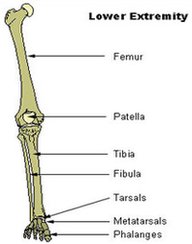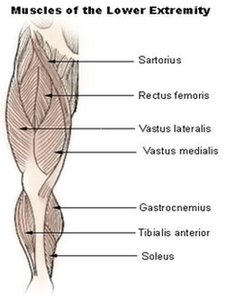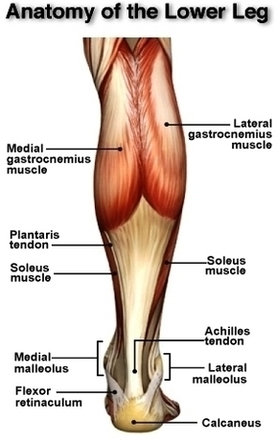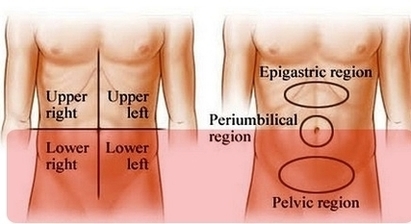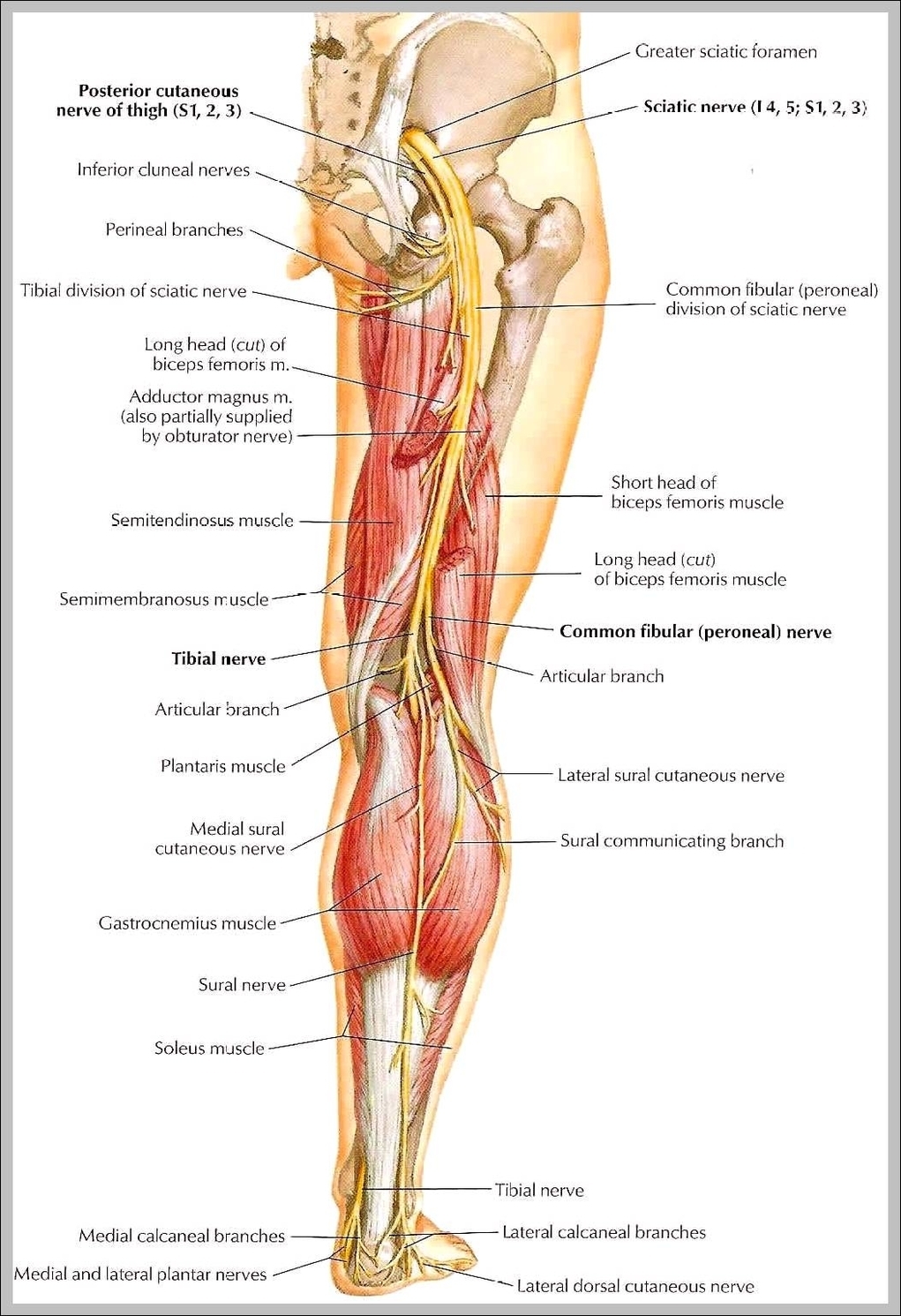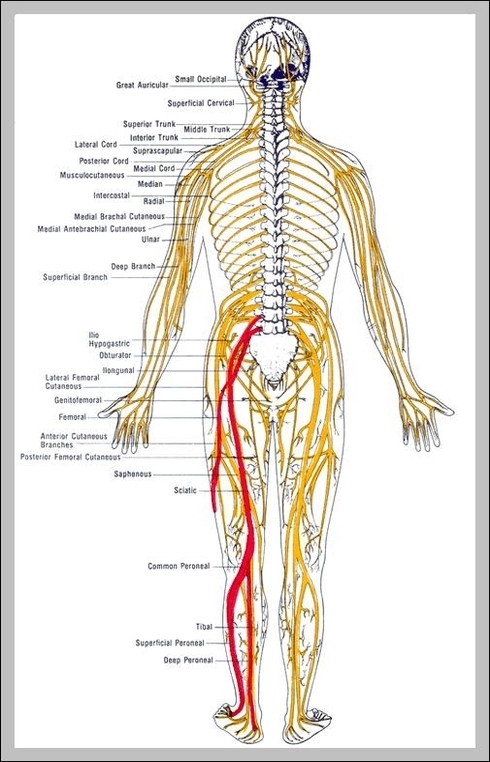The lower extremity includes the hip, knee, and ankle joints, and the bones of the thigh, leg, and foot. Many people refer to the lower extremity as the leg. In fact, the leg is the part of the body between the knee and ankle joints. The proper way to describe the lower limb is the lower extremity. This may seem like a minor detail.
The five lower extremity arteries that are routinely examined on ultrasound include the common femoral artery (CFA), the superficial femoral artery (SFA), the popliteal artery, the posterior tibial artery (PTA), and the dorsalis pedis artery (DPA). The common femoral artery (CFA)
This cross-sectional human anatomy atlas of the lower limb is an interactive tool based on MRI axial images of the human leg. Anatomical structures of the lower limb (hip, thigh, knee, leg, ankle and foot) and specific regions (compartment of the lower limb) are visible on dynamic labeled images.
Lower Extremity Diagram Image Diagram - Chart - diagrams and charts with labels. This diagram depicts Lower Extremity Diagram Image